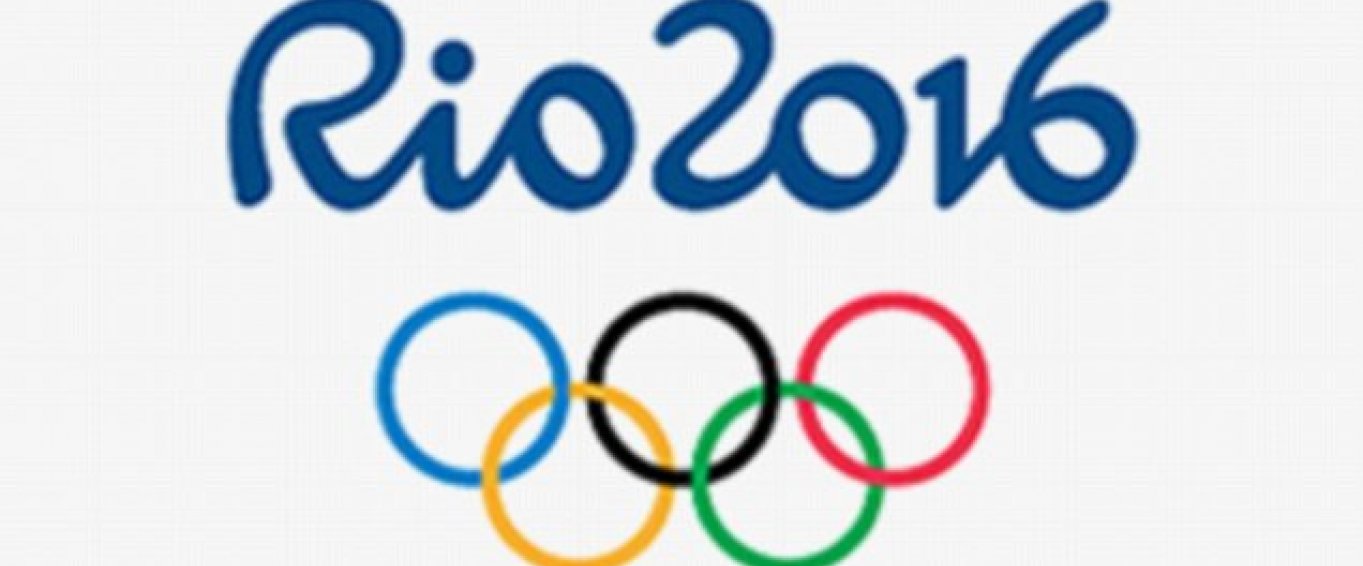10 reasons why the Olympics champions physical literacy

It’s nearly time for the most highly anticipated sporting occasion of the last four years, the 2016 Olympic Games. Rio kicks-off the excitement on Friday, launching two weeks of diverse sporting events involving elite athletes from all over the world.
The first week consists of a range of sports including swimming, rowing, gymnastics and cycling events, followed by athletics, boxing, hockey and taekwondo in the second week, among others. GB athletes take to the stage on Aug 13th as Jessica Ennis-Hill takes on the heptathlon, while Mo Farah competes in the 10,000m and Greg Rutherford returns in the long jump. After Team G’s inspiring success in 2012, supporters will be hoping for the same amazing results.
The Olympics inspires millions of people across the globe to fall in love with sports. Many children respect athletes and want to follow in their footsteps after catching Olympic fever. With this in mind, here are ten reasons why the Olympic games are the ultimate embodiment of physical literacy.
1. The diverse range of sports
This year’s Olympic games includes 28 different sports ranging in variety. Although golf and rugby were previously discontinued, they have been reinstated for the 2016 and 2020 games. Every sport featured demonstrates a breadth of skills and talent, developed from fundamental movement skills learned from a young age.
2. Skill
We all know how difficult it is to teach children the value of patience, especially when all they want to do is get out on the field and play football, or pick up their racket and smash a serve in the tennis court. However, children must develop fundamental movement skills like throwing, catching, landing etc.. before they will be able to master playing the actual sport and learning the sport specific skills. Olympic athletes are perfect role models for children as they demonstrate the importance of hard work and practise.
3. Team work
Communication and building relationships with peers is an essential component of physical literacy. Watching talented athletes work in a team demonstrates the importance of developing these capabilities from a young age.
4. Assessing your strengths and weaknesses
By the time children reach Key Stage 2 they are expected to evaluate their own strengths and weaknesses to help themselves improve. Olympic athletes strive to improve their personal best, which means long days, tough training sessions and a great deal of self-evaluation to their their full potential.
5. Demonstrating passion for sports and activity
The Olympic games highlights how important activity is in our social community and how much joy it brings to people’s lives, which is what physical literacy promotes.
6. Confidence to participate in sport
Olympic athletes aren’t the shy and retiring wallflower types, they are strong, confident and proud. This confidence to play sports wasn’t born, they will have had to learn it throughout their whole lives by developing the right set of skills to equip them to perform their sport well.
7. The importance of correct form
Form and posture is essential to promote healthy bones and muscles. If an athlete’s form is incorrect it can throw them off by seconds, which could be the difference between finishing with a gold medal or a bronze.
8. Understanding activity specific words and meanings
Physical literacy relates to a person’s understanding of physical activity, including the wide vocabulary that comes with it. There will be specific words and phrases used during the Olympic games that makes no sense in another context, and it’s important for everyone to learn what they mean.
9. Global language united by sport
The Olympics has the power to unite the world through their love of sport. The games bring 207 nations together, each with their own languages and cultures to add to the excitement. This confirms the impact of sport and why we need it in our lives.
10. The pathway to great things
There’s no doubt about it, Olympic athletes are incredible. While we can’t argue that natural talent plays a role in the abilities of some athletes, hard work and practise is the chief reason that these individuals have accomplished so much. With enough hard work, time and dedication, perhaps it could be your child representing their country in a decade’s time.
Never miss out on a post by joining the Amaven mailing list, we deliver our best posts about sports, fitness and PE straight to our member’s inboxes every week.